This event will include several networking opportunities throughout the day, providing an opportunity for all delegates to discuss their research with the aim to stimulate future industry and academic collaborations. This meeting is co-organised by the Royal Society of Chemistry and AstraZeneca and will take place in person.
New frontiers in synthetic chemistry 2024
21 November 2024, London, United Kingdom
This event will include several networking opportunities throughout the day, providing an opportunity for all delegates to discuss their research with the aim to stimulate future industry and academic collaborations. This meeting is co-organised by the Royal Society of Chemistry and AstraZeneca and will take place in person.
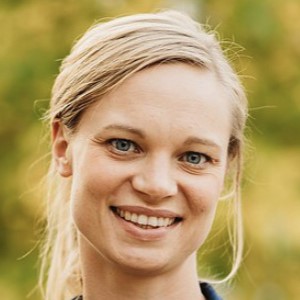 Marianne Bore Haarr, University College Dublin, Ireland
Marianne Bore Haarr, University College Dublin, Ireland
Dr Marianne Bore Haarr obtained her PhD in organic chemistry from the group of Prof Magne Sydnes in the University of Stavanger, Norway. During her PhD she spent five months as a visiting research fellow in the University of Oxford, under the supervision of Prof Kylie Vincent. In 2022 she took up a postdoctoral position in the research group of Dr Elaine O'Reilly in University College Dublin. Her research interests centre upon the use of biocatalysts for the asymmetric synthesis of organic molecules. Through her engagements in the EDI committees in the School of Chemistry and College of Science in UCD, Marianne is a keen advocate for Equality Diversity and Inclusion in the STEM sciences.
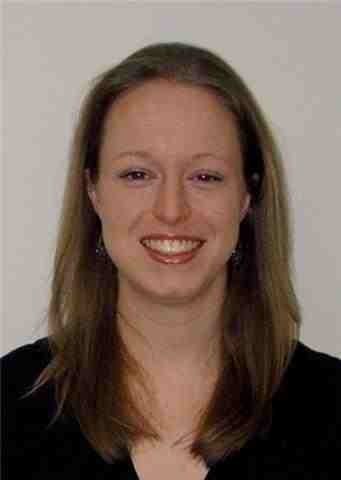 Susannah Coote, University of Bath, United Kingdom
Susannah Coote, University of Bath, United Kingdom
Susannah studied chemistry at the University of York and the Université Joseph Fourier, then completed her PhD at the University of York under the supervision of Prof. Peter O’Brien, working on aziridine chemistry. She took up postdoctoral positions at the Université Paris-Sud (Prof. Cyrille Kouklovsky, focussing on enantioselective nitroso-Diels-Alder reactions) and the University of Manchester (Prof. David Procter, focussing on samarium diiodide chemistry and fluorous phase synthesis), then was awarded an Alexander von Humboldt fellowship to work at the Technische Universitat Munchen (hosted by Prof. Thorsten Bach, focusing on enantioselective photochemistry). Susannah started her independent research career in 2014 at Lancaster University, then moved to the University of Bath in 2023. Her group’s research focuses on synthetic photochemistry, with particular emphasis on the synthesis and applications of four-membered (hetero)cycles and caged compounds (e.g. cubanes).
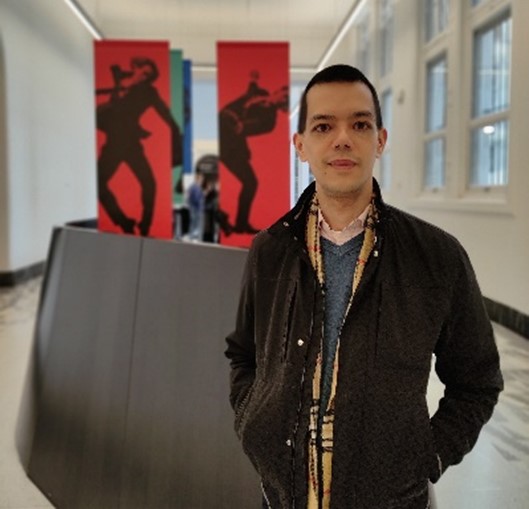 Kevin Lam, University of Greenwich, United Kingdom
Kevin Lam, University of Greenwich, United Kingdom
In 2010, Kevin Lam received his PhD in Medicinal and Synthetic Organic Chemistry from the Catholic University of Louvain in Belgium under the supervision of Professor Istvan Marko. His doctoral work led to the development of a new radical-based deoxygenation reaction (the Lam-Marko reaction).
After completing his PhD, he moved to the University of Vermont (UVM). His research focused on the application of analytical/physical electrochemistry alongside spectroscopy to study the complex redox behaviour of organometallic compounds.
In 2013, he accepted a position as Assistant Professor at Nazarbayev University in Astana. During his time in Kazakhstan, Kevin developed a new research programme in molecular electrochemistry.
He then joined the University of Greenwich as a Reader in 2017, and was promoted to Full Professor of Synthetic Electrochemistry in 2023, where he continues his interdisciplinary research.
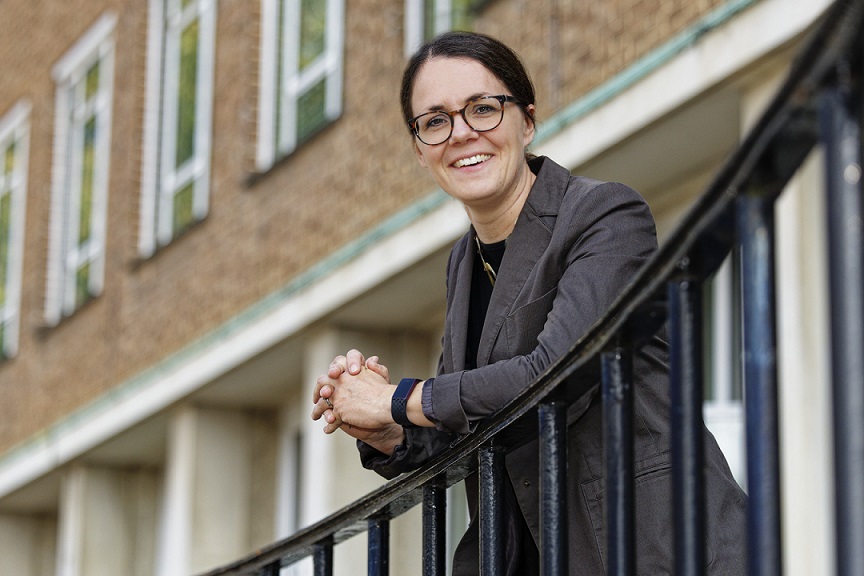 Ruth Webster, University of Cambridge, United Kingdom
Ruth Webster, University of Cambridge, United Kingdom
Ruth obtained her MSci degree from the University of Strathclyde in 2007, followed by a PhD at the University of Bristol with Professor Robin Bedford and a Commonwealth Postdoctoral Fellowship at the University of British Columbia with Laurel Schafer. In 2012 she was awarded a University of Bath Prize Fellowship to start her independent career. She was promoted to Reader in 2019 and in 2022 was awarded the RSC Sir Edward Frankland Fellowship and the Philip Leverhulme Prize. In 2023 she moved to the University of Cambridge to take up a position as Assistant Professor of Synthetic Chemistry.
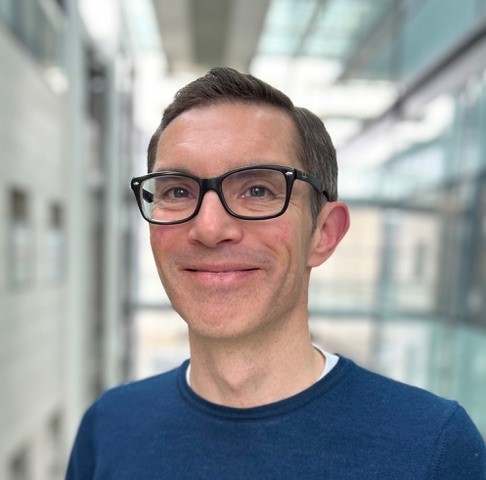 Michael Willis, University of Oxford, United Kingdom
Michael Willis, University of Oxford, United Kingdom
Michael Willis is a Professor of Chemistry at the University of Oxford. He graduated from Imperial College, University of London, before moving to the University of Cambridge for his PhD studies, working with Professor Steve Ley. He then spent two years as a postdoctoral fellow at Harvard University working with Professor David Evans. In 1997 he returned to the UK and he was appointed to a Lectureship in the Department of Chemistry at the University of Bath. He moved to Oxford in January 2007, and was promoted to Full Professor in 2013. His research interests are based around the development of new catalytic processes and their application in synthesis, which has more recently included the development of new catalytic reactions focusing on sulfur functional groups.
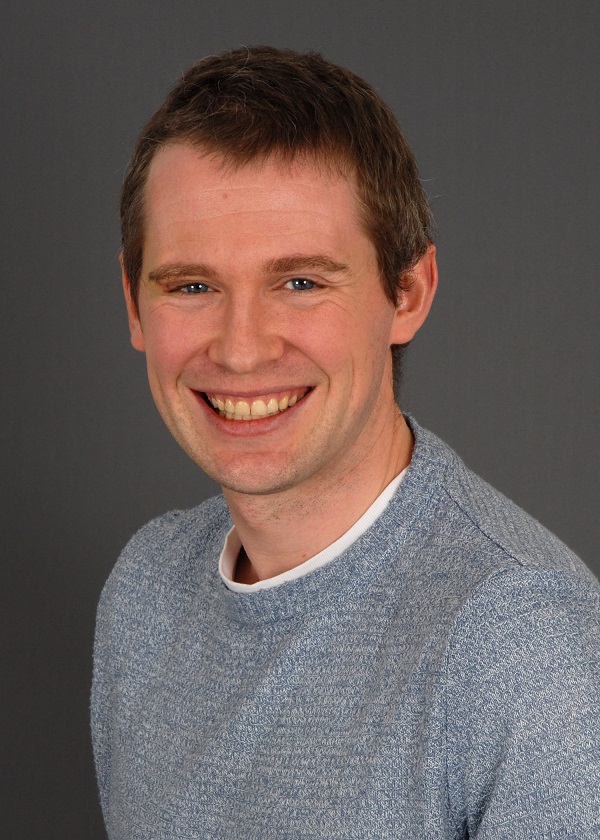 Will Unsworth, University of York, United Kingdom
Will Unsworth, University of York, United Kingdom
After completing his Ph.D. in Oxford, Will moved to his current institution, the University of York, first as a postdoctoral research associate in the group of Prof. Richard Taylor, before moving onto a Research and Teaching Fellowship in 2013. In 2016 he started his independent career as a Leverhulme Trust early career fellow, and then later as holder of the inaugural Eleanor Dodson Fellowship. He is now a Senior Lecturer in Organic Chemistry. His current research interests include ring expansion approaches for the synthesis of medium-sized rings and macrocycles, catalyst selective synthesis and biocatalysis. Will also has won several prizes for his research, most notably the RSC Hickinbottom Award for his work on the synthesis of spirocycles and macrocycles.
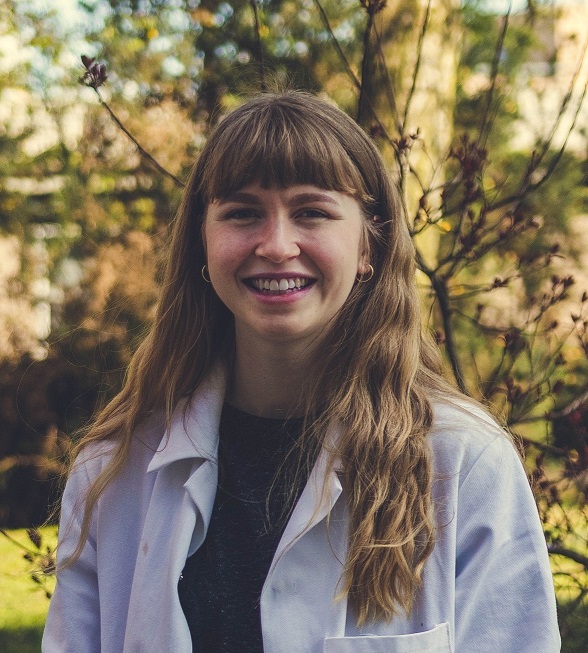 Lucy Tomczyk, University of York , United Kingdom
Lucy Tomczyk, University of York , United Kingdom
Lucy Tomczyk grew up in Nottingham and obtained her MChem in Chemistry from the University of York in 2021, spending the final year in the O’Brien group working on an alternative synthetic route to (–)-quinine. She then returned to York to begin a Ph.D. (EPSRC iCASE), supervised by Prof. Peter O’Brien and Prof. Ian Fairlamb in collaboration with AstraZeneca (Cambridge), bridging the broad synthetic and mechanistic expertise of both groups. Her work focuses on the development of a sp3-sp2 Pd-catalysed Suzuki-Miyaura cross-coupling variant with saturated nitrogen heterocycles. At the project's forefront is advancing approaches to small molecules with a high degree of 3D character. Outside of the lab, Lucy has been keenly involved in the establishment of grassroots initiatives at the University of York to promote Equality, Diversity and Inclusion in STEMM, addressing the Leaky Pipeline.
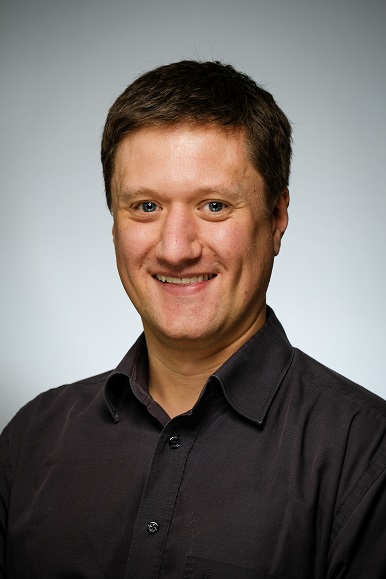 Andrew Stark, AstraZeneca, United Kingdom
Andrew Stark, AstraZeneca, United Kingdom
Andrew obtained his MSci degree from University of Strathclyde with a placement year working as an Isotope Chemist. He joined AstraZeneca (Macclesfield) in 2002 as a Process Chemist, and with a secondment to Alderley Park it means he has worked across multiple therapy areas on mg to Kg scale. Currently Andrew works in Early Chemical Development leading projects which are outsourced to CDMO’s across the globe. Andrew is a strong supporter of STEM and created the “Molecules To Medicine” work experience programme which gives Chemistry A-level students the chance to learn more about the Pharmaceutical Industry.
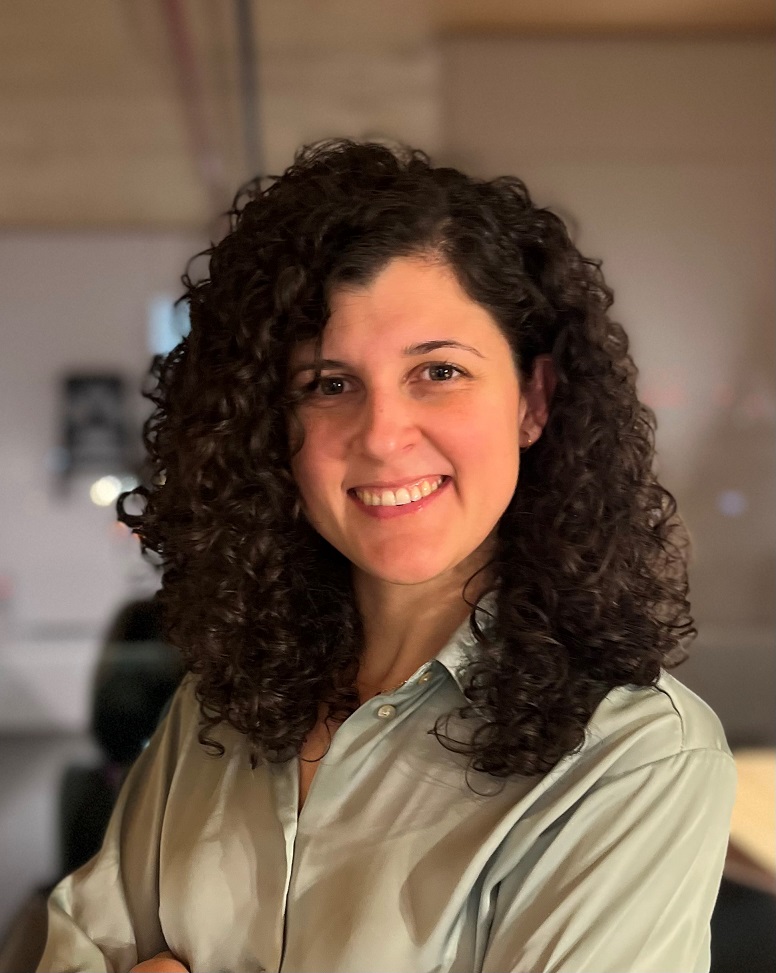 Cristina García Morales, AstraZeneca, United Kingdom
Cristina García Morales, AstraZeneca, United Kingdom
Cristina obtained her B.Sc. in chemistry from Universidad de Huelva in 2013, which included a year on the Erasmus program at the University of Strathclyde, and her M.Sc. from Universitat Rovira i Virgili in 2014. She pursued her PhD studies under the guidance of Prof. Antonio M. Echavarren at ICIQ, during which she also completed a short project at the University of Michigan under the supervision of Prof. Melanie S. Sandford. Following the completion of her PhD in 2019, she continued her research at ICIQ, focusing on a postdoctoral position in computational chemistry.
In September 2021, Cristina joined AstraZeneca as a Senior Scientist in Physical Organic Chemistry within the Experimental Design and Modelling team. She was subsequently promoted to Associate Principal Scientist in 2024. In this role, she is dedicated to developing predictive models aimed at expediting the design of robust processes through predictions and enhancing the understanding of API manufacturing. Cristina has been involved in numerous projects across the AstraZeneca portfolio and has played a key role in advancing the organization's expertise in modelling.
Posters are displayed throughout the meeting and there will be a dedicated poster session.
Additional information
All poster abstracts will be reviewed by the committee. Authors will be notified of the outcome of the review process within about 1 week of the submission deadline. The abstracts should be no longer than one A4 page in portrait layout. Please ensure you provide the details of the presenting author when you are submitting an abstract for poster presentation.- Attendance at the scientific sessions
- Refreshments throughout the meeting
- Lunch
- Attendance at the drinks reception
| Early bird | Standard | |
| Member/Student member | £35 | £40 |
| Non-member/Student non-member | £55 | £60 |
Book now
Terms and Conditions for Events run by the Royal Society of Chemistry
The Royal Society of Chemistry, Burlington House, Piccadilly, London, W1J 0BA, United Kingdom










